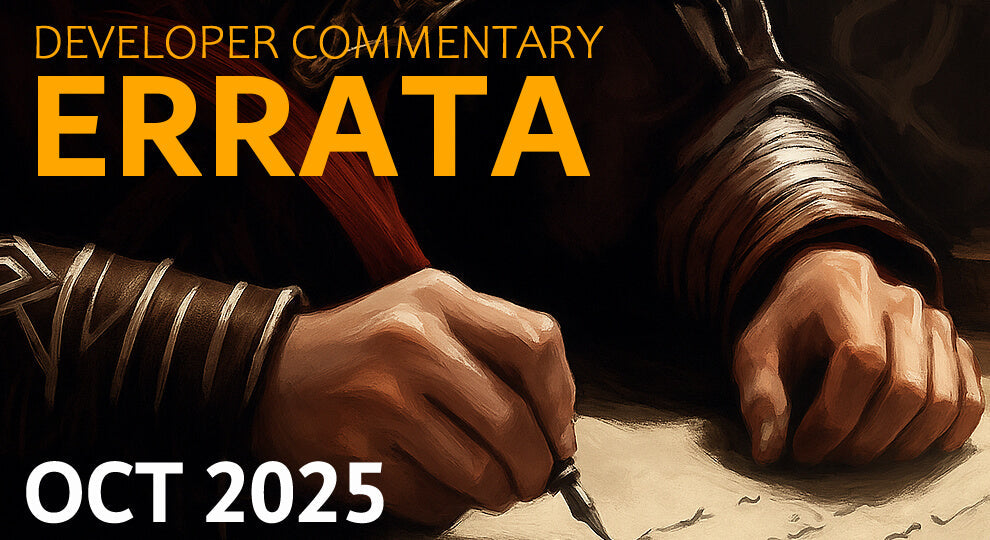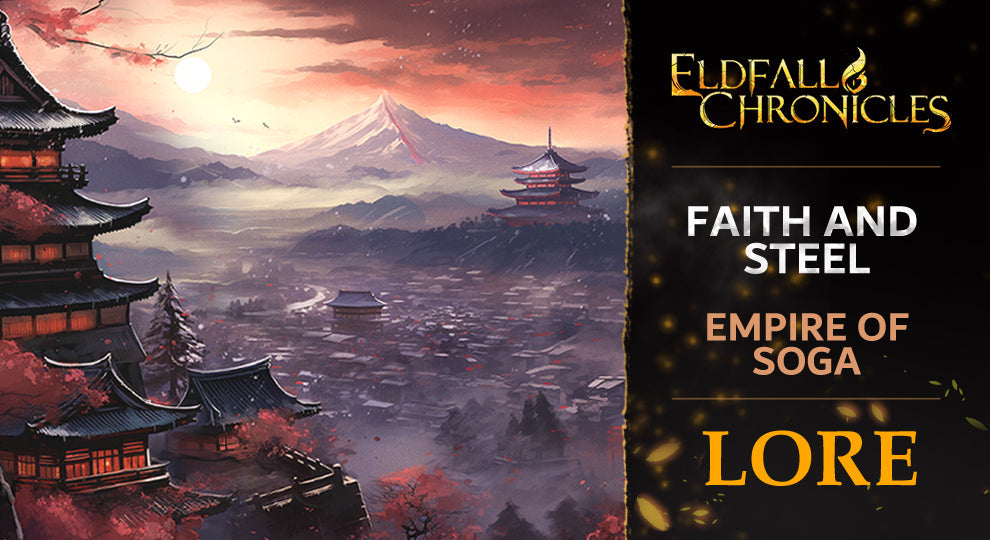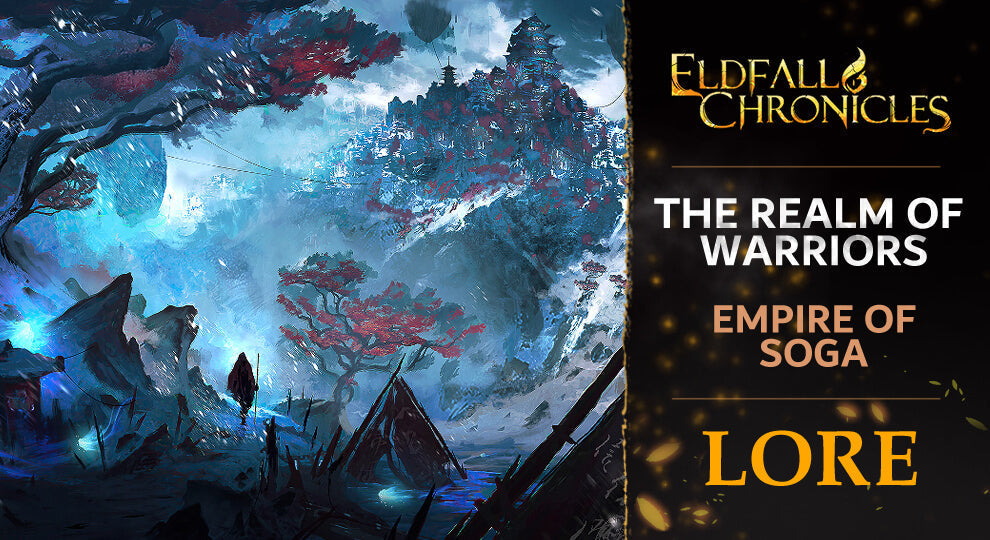The Magic System and Gameplay
The Magic System and Gameplay
In the previous articles, “Magic System and Arcana, Part 1” and “Magic System and Arcana, Part 2”, we explored the foundational lore of magic—Arcana—in Eldfall Chronicles. If you haven’t yet read them, we highly recommend doing so before continuing.
This article delves into how magic directly influences gameplay, offering insights into its mechanics, strategic value, and factional differences.
The Inspiration Behind the Magic of Eldfall Chronicles

In Eldfall Chronicles, Arcana (magic) is designed as a vibrant and variable force that adds complexity, utility, and unpredictability to the gameplay. Spells make up a significant portion of the game, with many factions providing a rich selection of characters who specialize in wielding Arcana.
The developers at Freecompany share a deep appreciation for the nostalgic allure of magic across genres. They wanted to create a game where players could feel like true scholars of the arcane. As a result, the magic system is intricate and diverse, requiring thoughtful strategy. Many players find it most rewarding to explore different spells, build synergistic parties, and uncover new approaches to magical warfare.
The Role of Spells
Characters in the game come with distinct roles, abilities, and attributes. Some may possess an arsenal of powerful spells, while others may have none at all—relying instead on martial prowess. If you’re playing an advanced spellcaster, you’ll need to decide wisely which spell to cast in each situation, balancing resources and tactical needs.
Magic and Mana Depend on Faction Choice
The type of Arcana available to you in gameplay is closely tied to the faction you choose. As outlined in the lore, each faction approaches magic differently. Some rely heavily on spellcraft, while others focus on martial strength.
For example, factions like the Sand Kingdoms or the Helian League boast numerous arcanists, allowing you to build a party composed entirely of magic users. By contrast, the Empire of Soga features fewer arcanists, leading to more physically oriented compositions.
Playing a Spellcraft-Oriented Faction
Magic can turn the tide of battle, but it is not omnipotent—nor are the spellcasters who wield it.
In combat, mana (the energy source behind magic) enables spells that often deal more damage than conventional weapons. However, arcanists are generally fragile and have limited access to spells per activation phase. Some powerful spells may consume all of a character’s Activations (the number of actions per turn).
Moreover, spells usually have a shorter Reach than physical ranged weapons such as bows. From a lore perspective, the physical toll of overusing mana—soulrot—is one reason spellcasting has natural limits.
A Closer Look: Magic Within the Factions
The Helian League
-
Magic is balanced and widely accessible across the faction.
-
Specializes in healing and offensive spellcraft.
-
The predominant elemental affinity is fire, favoring aggression.
-
Some unique units have access to the divine element, adding strong support and healing options.
The Sand Kingdoms
-
The most spellcraft-centric faction in the game.
-
Characters are built as versatile spellcasting “toolboxes.”
-
Able to summon constructs and creatures, a rarity among other factions.
-
While the default affinity is Elder, the faction allows vast customization in elemental mana and arcane disciplines—offering rich variety in playstyle.
The Coalition of Thenion
-
Has a limited range of spellcasting, as per lore.
-
Magic is used passively, often enhancing movement, deception, or illusion—think teleportation-like effects.
-
Will gain characters (possibly from allied species) that offer strong magical support.
The Empire of Soga
-
The faction least reliant on magic.
-
Will include mystics—spellcasters who channel Arcana through devotion and introspection, rather than traditional casting.
-
Human mystics typically favor earth or water, while Kitsune mystics offer fire.
-
Most spellcasters provide support or utility, though a few rare individuals may wield potent offensive spells.
Elemental Mana
As discussed in earlier articles, mana is the invisible current of elemental energy that flows through all things—it is the bedrock of nature and magic alike. Spellcasters draw upon this elemental force to create spells.
Mana is categorized into seven elemental types: earth, water, fire, air, elder, divine, and profane—each with unique properties and practical implications.
The intensity of a particular element’s mana varies based on the surrounding environment. While arcanists can usually tap into any element, some areas may hinder access to specific types. For instance, fire mana is more easily channeled in warm environments, while colder regions may make it difficult to focus on the element.
To overcome these limitations, arcanists often carry mana stones—crystalized reservoirs or amplifiers of elemental mana, attuned to their affinity.
An arcanist’s spellcasting potential is ultimately determined by their elemental affinity—a personal talent for shaping a specific type of mana.
(For more, see the article on Elemental Relationships.)
Differences Between the Elements

Each element has distinct traits and typical uses in gameplay. Note that, according to the lore, all elements also have practical, non-combat uses for everyday life and labor.
FIRE – PYRO
-
Strongest as an offensive element.
-
Most fire-based spells carry the Burn trait, igniting the target and causing ongoing damage.
WATER – HYDRO
-
A balanced element ideal for field control.
-
Water spells can slow or stagger enemies.
-
Some cause Frostbite, increasing incoming damage from other sources.
EARTH – GEO
-
Known for raw power and brute force.
-
Basic spells can immobilize foes; advanced ones may level structures.
-
Summonable earth-element creatures are tough, durable, and provide both defense and offensive muscle.
AIR – AERO
-
A subtle and tactical element.
-
Spells can repel melee attackers, increase mobility, or—at higher levels—wield lightning.
-
Strong in enchantment and disruption roles.
ELDER – PROTO / AETHERO
-
The most enigmatic and versatile element.
-
Tied to mind, space, and time.
-
Enables users to perceive thoughts, traverse planes, and manipulate reality itself.
DIVINE and PROFANE
-
Rare and mirrored elements—opposites, yet reflections.
-
They are otherworldly, with no known source, and exist across dimensions.
-
Divine spells are often miraculous, while Profane ones tend to be dreadful.
-
Both offer unique powers not bound by the laws of the natural world.




